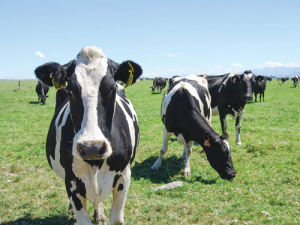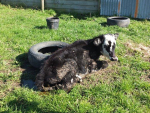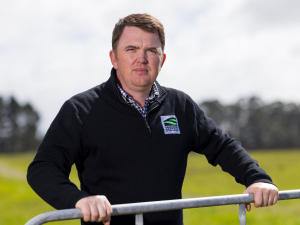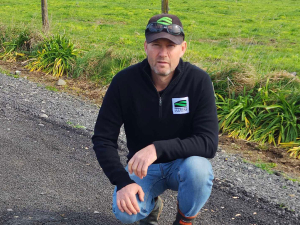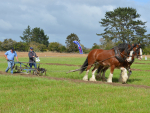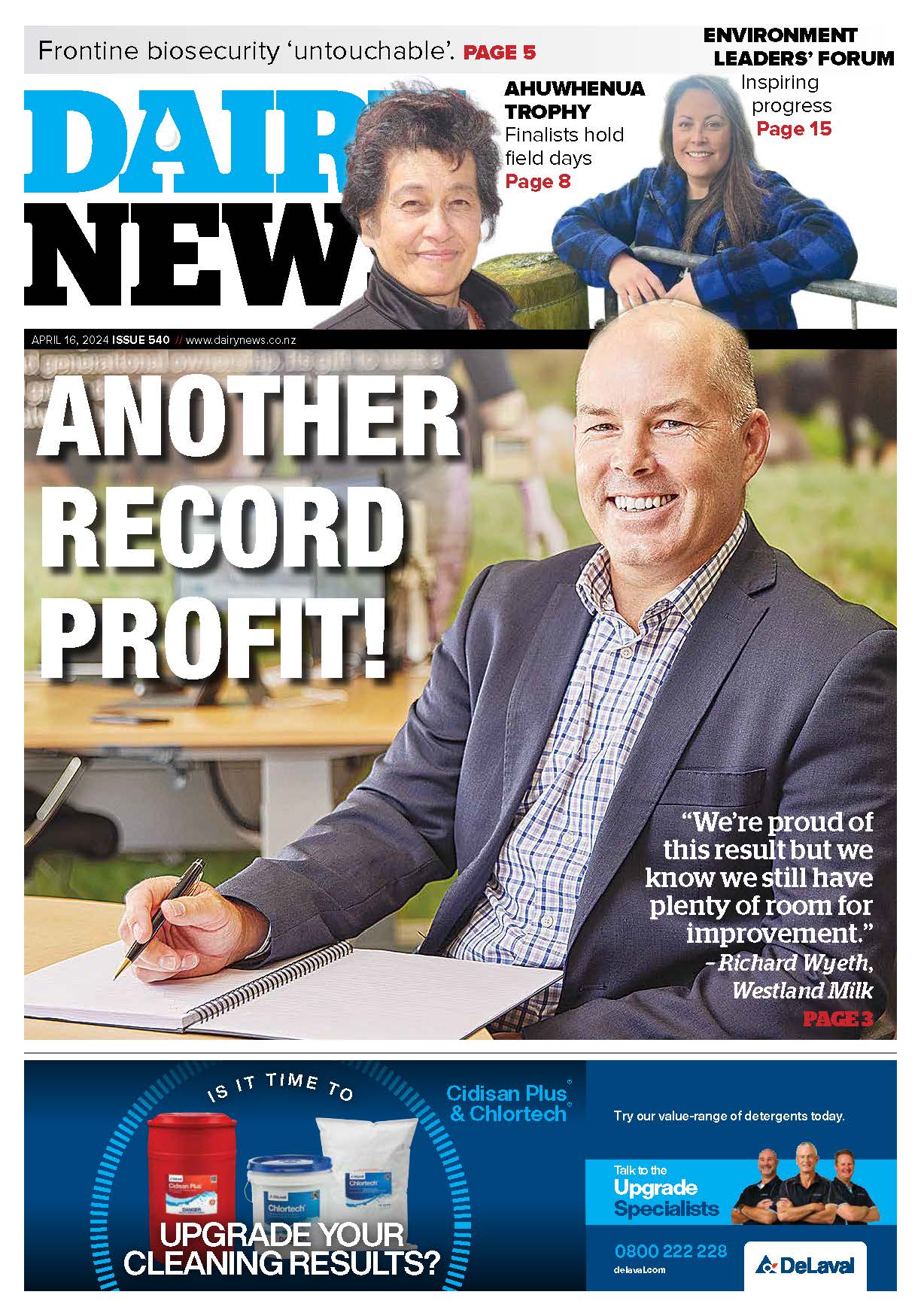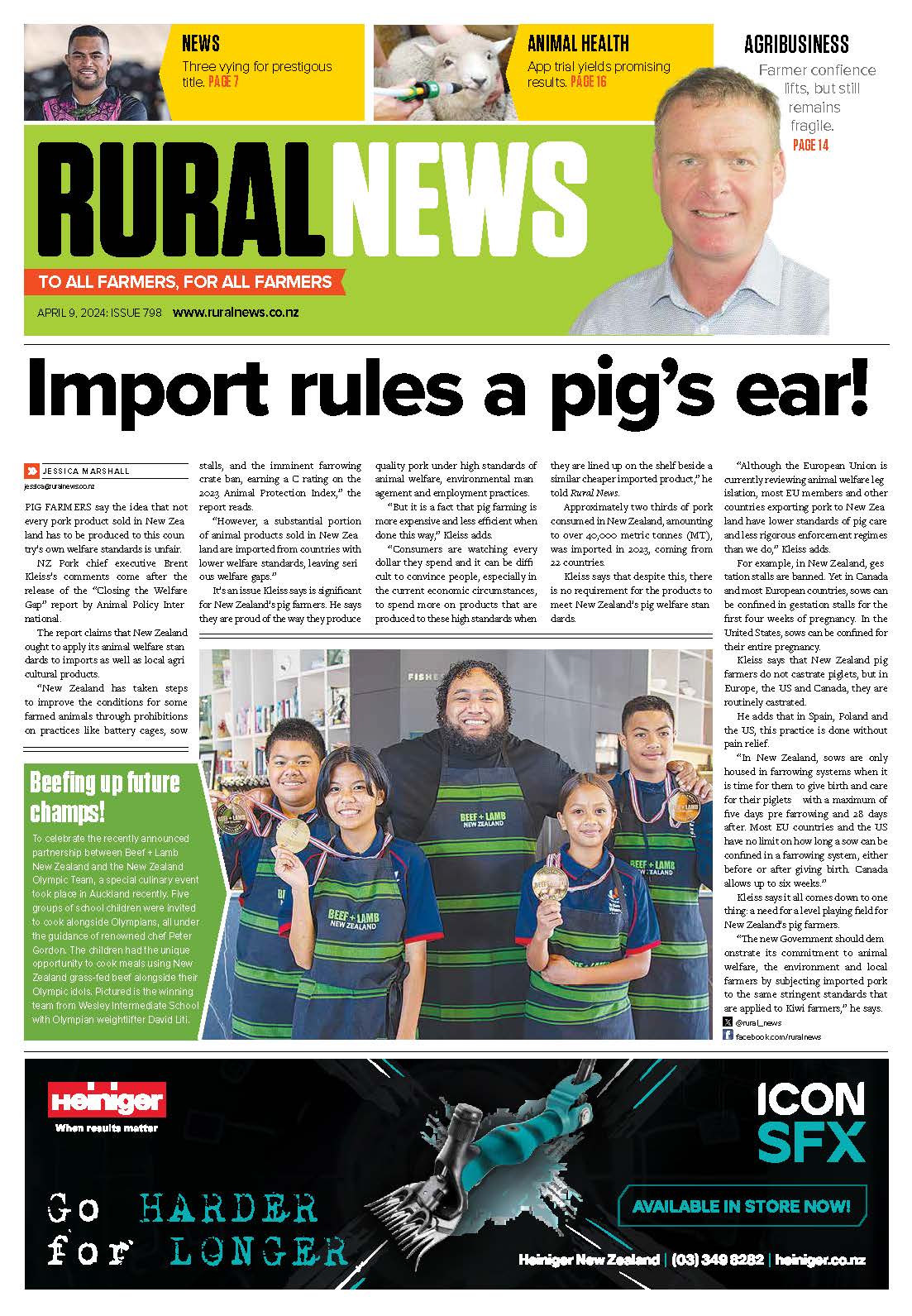Other possibilities, in descending order of effectiveness, are using alternative forages, applying nitrogen fertiliser with a urease inhibitor, and using a stand-off pad at times when N losses are highest.
AgResearch senior scientist Dr Cecile de Klein said reduced replacement rates also rank best for cost-effectiveness.
“It’s actually a benefit because it’s reducing your costs. You gain a reduction in greenhouse gases and you gain a financial benefit.”
The stand-off pad ranks last because it addresses nitrate but not the other main agricultural greenhouse gas -- methane. It is also last in cost-effectiveness because of its capital cost.
The Lincoln event, one of a string of greenhouse gas workshops run by DairyNZ and AgResearch, drew about 60 participants.
DairyNZ senior policy advisor Kara Lok said NZ is unusual in having 48% of all its greenhouse gas emissions coming from farming – about half from dairy. Around 85% of the sector emissions were generated on-farm and the rest in processing and transport.
“To really address dairy’s emissions most of the action will have to occur on-farm.”
Lok says NZ is already a world leader in producing emissions-efficient milk, likely because of year-round grazing on pasture, high pasture production per hectare, low cow replacement rates and relatively low use of supplementary feed.
However, Lok claims there is political consensus that the farming sector must do something, though it is not clear what that should be now the general elections are over.
“It’s important that the climate change policy framework and the freshwater management policy are integrated and we look at what we can do with freshwater and what that means for climate change and vice versa.”
AgResearch science impact leader Dr Robyn Dynes told the meeting of four research threads for methane emissions reduction: low methane feeds, genetics, methane inhibitors and the “ultimate” -- a vaccine to suppress the methanogen bacteria in the rumen, perhaps reducing emissions by 30%.
Dynes said about 300 potential antigens are now identified.
“There’s a lot of methanogens but a small number producing most of the methane so we’ve got to get antibodies that respond to the significant methanogens and that’s not without its challenges.”
Dynes cited Parliamentary Commissioner for the Environment Dr Jan Wright’s greenhouse gas emissions report from last October.
“She said ‘there’s one thing I ask of you, that you don’t give up on the vaccine. Hard as it is, it is the single-biggest breakthrough that could happen for management of methane in ruminants globally’.”





